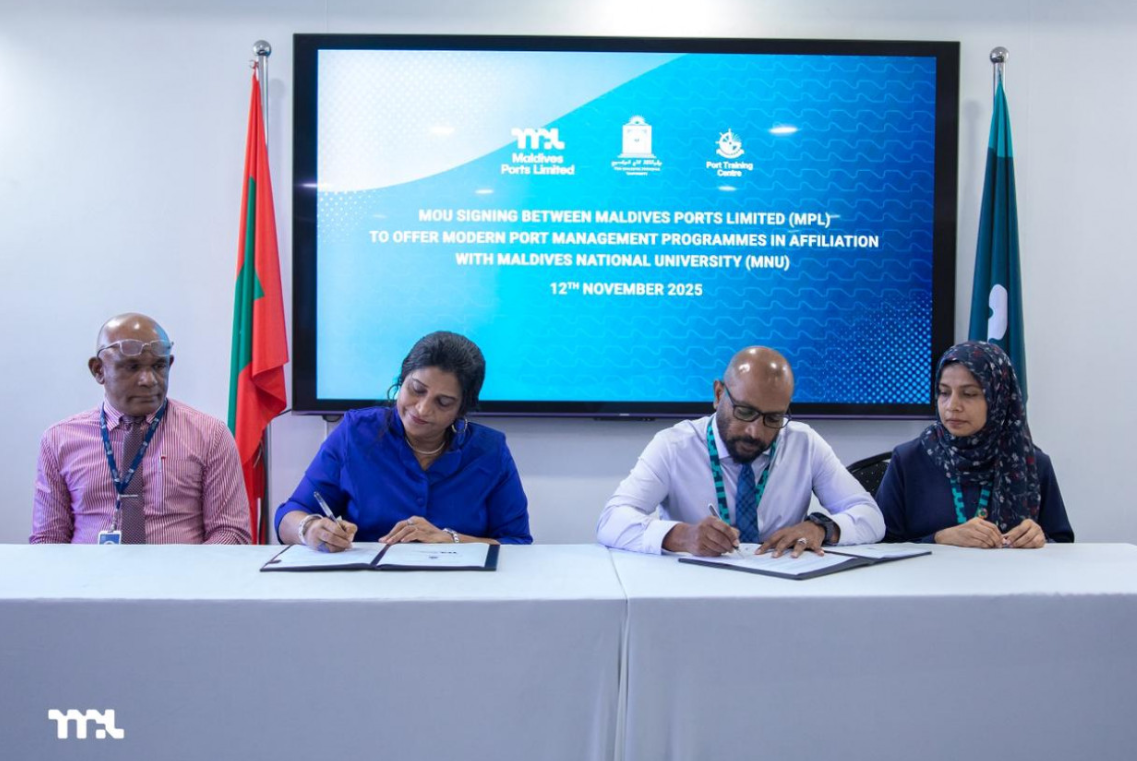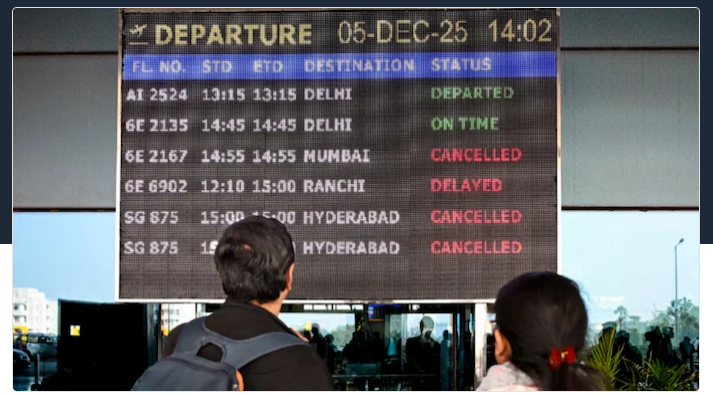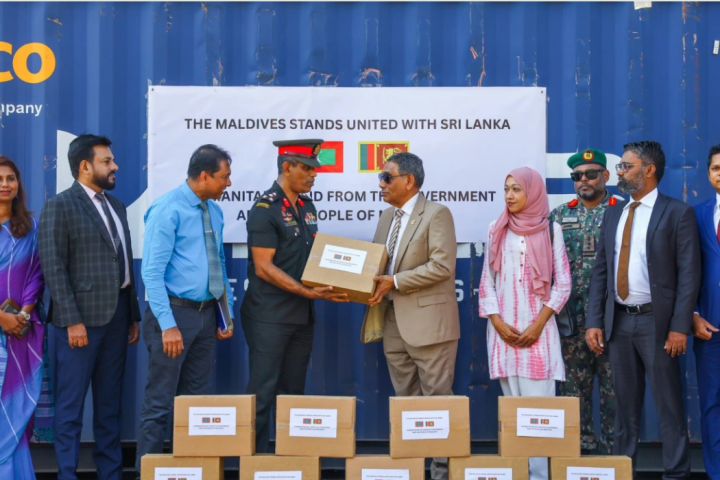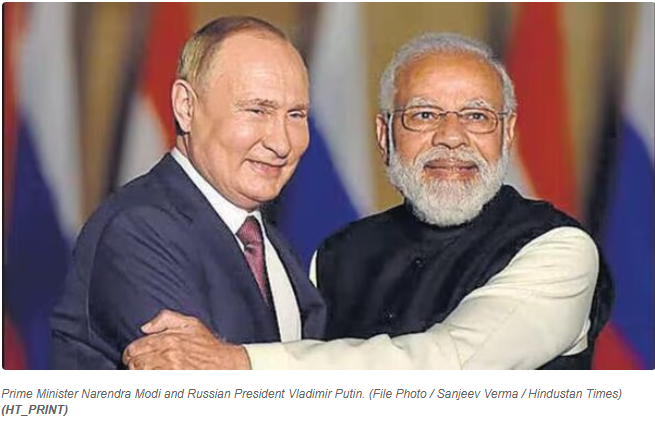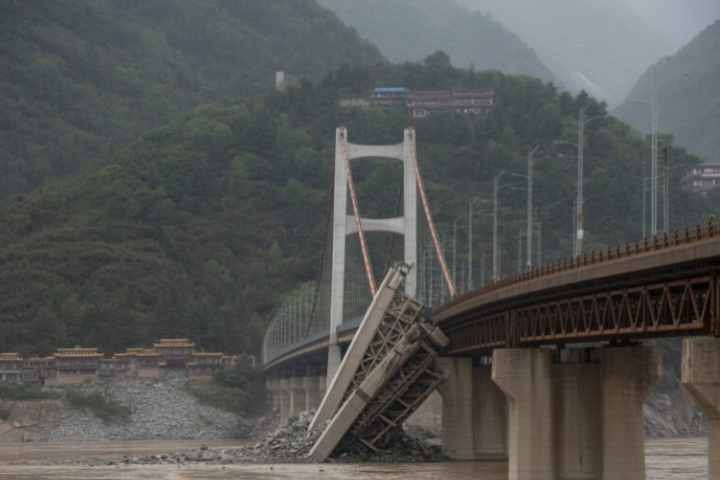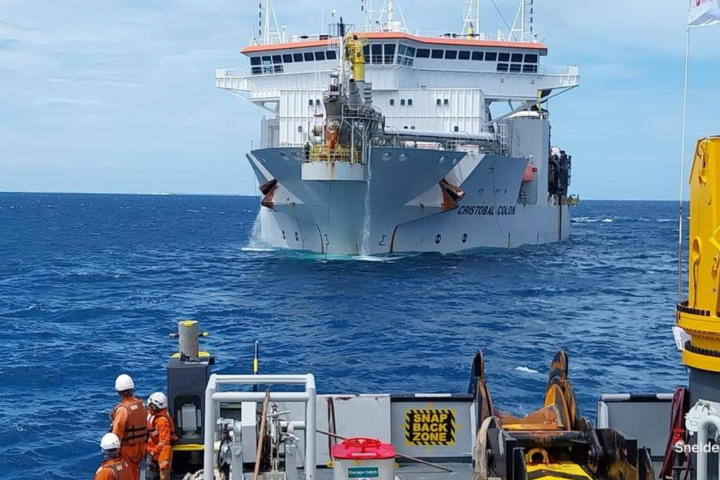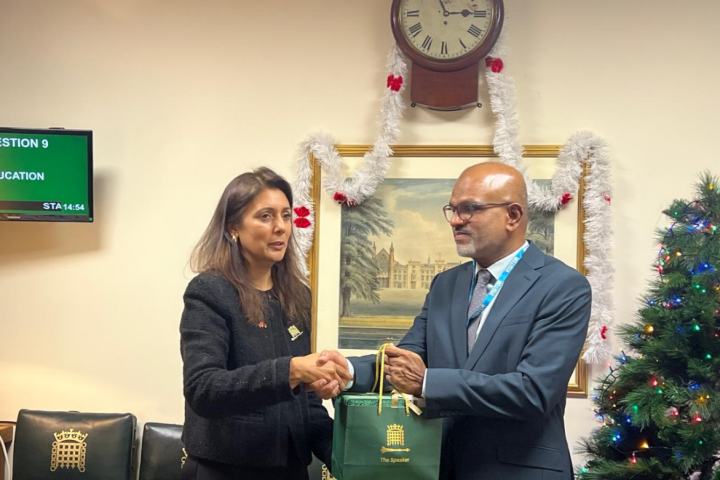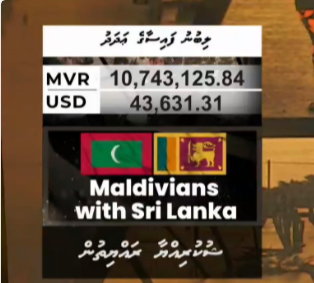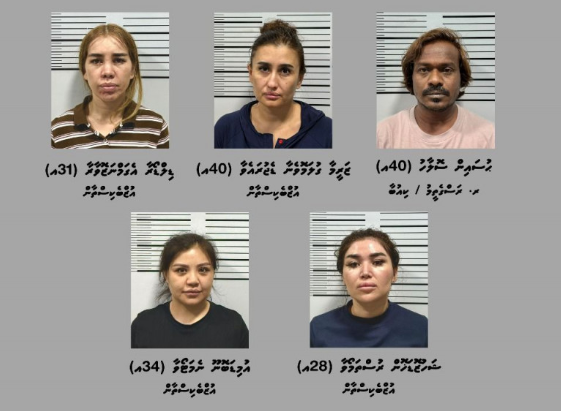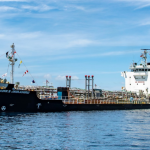MALÉ, Maldives — The Maldives Ports Limited (MPL) and the Maldives National University (MNU) have signed a landmark memorandum of understanding to introduce the country’s first accredited degree in port management, a move that positions the island nation to fill a critical gap in South Asia’s maritime education.
The agreement was formalized at a ceremony held at MPL’s head office, with Deputy Chief Executive Officer Mohamed Mueen signing on behalf of MPL and Vice Chancellor Dr. Ashishath Sheneaz Adam representing MNU. Under the partnership, the two institutions will jointly conduct a Bachelor’s Degree in Modern Port Management, accredited by the Maldives Qualifications Authority (MQA).
MPL’s Port Training Centre already runs several certificate-level programs for employees, but the new degree marks a significant expansion into higher education. It also underscores the Maldives’ ambition to align with global hubs where port management is treated as a specialized academic discipline.
Port management degrees remain scarce worldwide, reflecting the niche nature of the field and the heavy infrastructure required to support such training.
- South Asia: Few universities offer bachelor-level programs. India’s maritime academies in Dehradun provide diplomas and postgraduate courses in maritime business, while Malaysia’s Netherlands Maritime University College (NMUC) runs a diploma in port management. Singapore Polytechnic offers specialist diplomas, but full-fledged degrees remain limited.
- Australia: The University of Tasmania’s Australian Maritime College leads with a Bachelor of Global Logistics and Maritime Management, a three-year program blending port operations, supply chains, and maritime law.
- Southeast Asia: Malaysia’s UniKL offers a Bachelor of Maritime Operations (Hons), while Indonesia and Vietnam focus on diplomas in navigation and engineering. Singapore emphasizes applied diplomas and postgraduate training, reflecting its role as a global port hub.
- United Kingdom: Solent University offers a BSc (Hons) in Shipping and Port Management, while Liverpool John Moores University and City, University of London provide postgraduate programs in port governance and maritime operations.
Most credible institutions prefer BSc (Hons) formats, emphasizing analytical and technical rigor. BA-style programs are rare, often limited to distance learning.
Such programs typically combine modules in port operations, logistics, maritime law, economics, and sustainability with applied learning through internships, simulators, and site visits. Graduates often pursue careers in port authority management, shipping logistics, and consultancy.
Yet the scarcity of these degrees reflects structural challenges:
- Specialized infrastructure such as simulators and training vessels is costly.
- Demand is niche compared to broader logistics or business degrees.
- Programs depend heavily on partnerships with port authorities and shipping companies.
For the Maldives, the new program is both strategic and symbolic. It positions the country alongside global hubs like Singapore and Australia, while offering South Asia its first accredited bachelor’s in port management. The initiative could attract students from neighbouring countries where such training is absent.
But resource-scarce Maldives faces a familiar problem: duplication. Each specialized institute tends to establish its own training centre or college offering MQA-level courses, often without coordination.
The Ministry of Higher Education publishes annual scholarships outlining national training needs, yet port-related training is not listed separately — instead grouped under “transport.”
That list, largely unchanged since the early 1990s, may no longer reflect the nation’s evolving economic priorities. Revisiting and updating the framework could ensure that niche but vital fields like port management are properly recognized, avoiding fragmented duplication and aligning training with national development goals.
The Maldives’ new degree program’s success will depend not only on academic rigor and industry integration but also on whether the country can streamline its training priorities to avoid duplication and maximize scarce resources.
